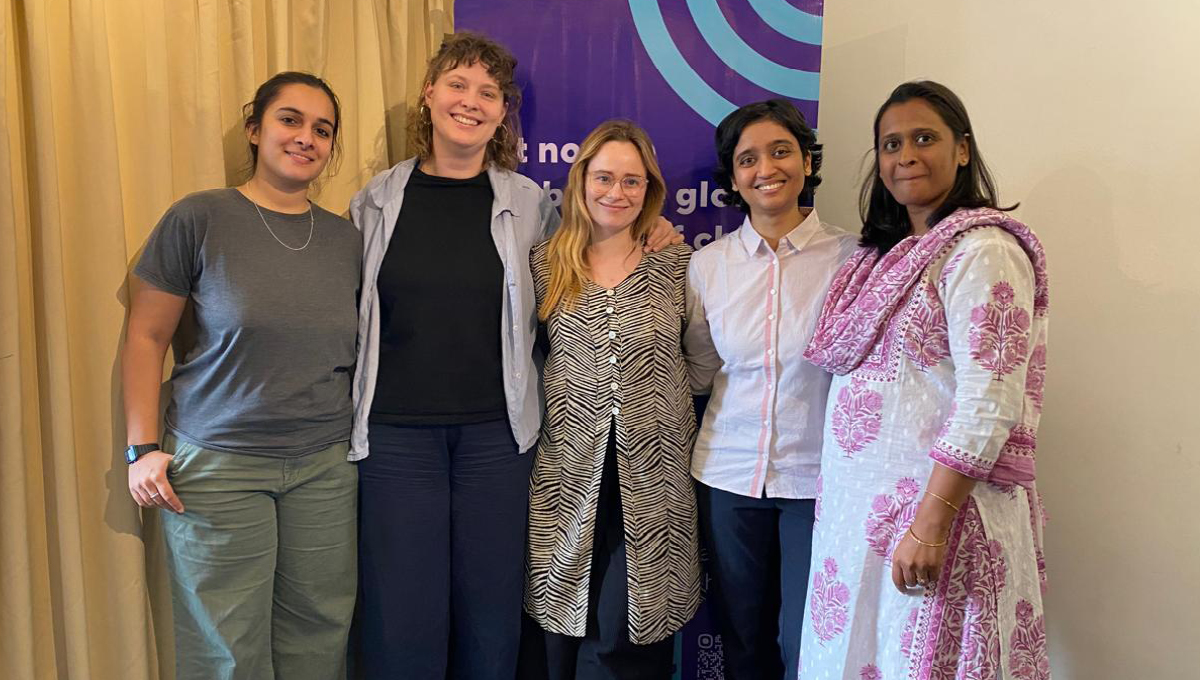Webinar Report: Public Communication About Prevention & Treatment
ACT’s 2nd live webinar for organisations who work therapeutically with individuals with a sexual interest in children focused on public communication about prevention and treatment, which is a challenging area for small teams who face differing public responses to causer-related prevention.
The goal of the webinar was to highlight strategies for communication that are supported by research and evidence. In addition, presenting two case studies aimed to show what has worked in the past.
Elizabeth Letourneau from the Johns Hopkins Bloomberg School of Public Health discussed recent learnings on public and frontline provider perceptions of child sexual abuse. She emphasized the mistaken but general belief that child sexual abuse is unpreventable and the offenders, as well as victims, are often viewed as beyond help. This mindset severely limits the support for both prevention and intervention strategies. Letourneau stressed the need for framing strategies to overcome these perceptions, suggesting that different communication frames and metaphors could significantly alter public understanding.
Ainslie Heasman of ‘Talking for Change’ and Maximilian von Heyden of ‘Kein Täter werden’ presented case studies from Canada and Switzerland respectively, emphasizing the importance of targeted communication campaigns. They discussed various strategies used in their campaigns, such as social media advertising and engaging with therapeutic services, to enhance the recruitment and outreach to potential service users. Ainslie Heasman particularly noted the challenges and successes of their help-seeking campaigns, while Maximilian von Heyden elaborated on the advocacy and establishment of treatment services in Switzerland, underscoring the role of public broadcaster stories and professional engagement in promoting these services.
The webinar brought to the fore several key takeaways and reflections:
- Perception Challenges: There is a prevalent belief that child sexual abuse is inevitable and unpreventable, which hinders the support for prevention and intervention efforts. Changing this narrative is crucial for progress.
- Communication Strategies: Effective framing strategies and metaphors in public communication can significantly alter perceptions. Highlighting prevention and the possibility of intervention is key to changing public and professional attitudes.
- Targeted Campaigns: Case studies from demonstrate the effectiveness of targeted communication campaigns in enhancing service recruitment and outreach. These include the use of social media, public broadcasting, and professional engagement.
- Collaborative Efforts: The session underscored the importance of collaboration between multiple organizations and professionals to reduce child sexual abuse. Sharing resources, feedback, and updates among stakeholders is vital for creating ensuring that organisations are consistent and effective in their communication efforts.
Hosting this online event aligned with ACT’s mission to empower professionals to act against child sexual trauma through education, training and access to knowledge about preventive approaches, and to connect those with the capacity to implement programs with each other.




